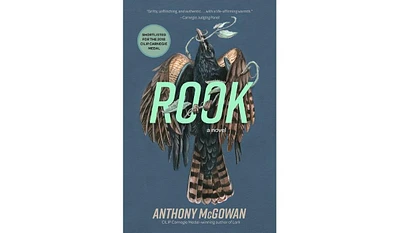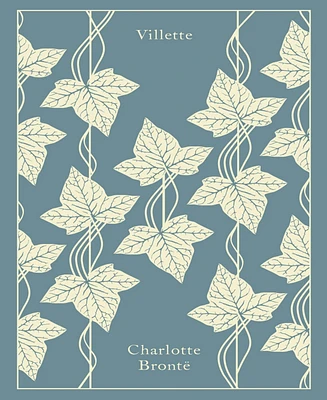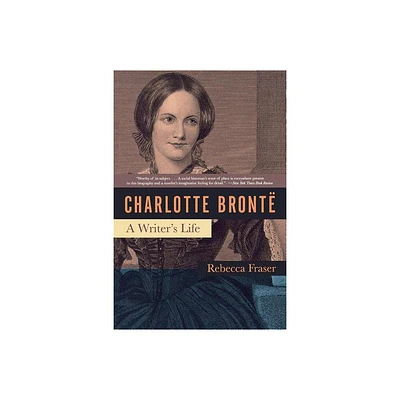Home
Charlotte Brontë at the Anthropocene
Loading Inventory...
Barnes and Noble
Charlotte Brontë at the Anthropocene
Current price: $99.00


Barnes and Noble
Charlotte Brontë at the Anthropocene
Current price: $99.00
Loading Inventory...
Size: Hardcover
*Product Information may vary - to confirm product availability, pricing, and additional information please contact Barnes and Noble
Honorable Mention, 2020 Sonya Rudikoff Award presented by the Northeast Victorian Studies Association
In this book, Shawna Ross argues that Charlotte Brontë was an attentive witness of the Anthropocene and created one of the first literary ecosystems animated by human-caused environmental change. Brontë combined her personal experiences, scientific knowledge, and narrative skills to document environmental change in her representations of moorlands, valleys, villages, and towns, and the processes that disrupted them, including extinction, deforestation, industrialization, and urbanization. Juxtaposing close readings of Brontë's fiction with Victorian and contemporary science writing, as well as with the writings of Brontë's family members, Ross reveals the importance of storytelling for understanding how human behaviors contribute to environmental instability and why we resist changing our destructive habits. Ultimately, Brontë's lifelong engagement with the nonhuman world offers five powerful strategies for coping with ecological crises: to witness destruction carefully, to write about it unflinchingly, to apply those experiences by questioning and redefining toxic definitions of the human, and to mourn the dead, all without forgetting to tend the living.
In this book, Shawna Ross argues that Charlotte Brontë was an attentive witness of the Anthropocene and created one of the first literary ecosystems animated by human-caused environmental change. Brontë combined her personal experiences, scientific knowledge, and narrative skills to document environmental change in her representations of moorlands, valleys, villages, and towns, and the processes that disrupted them, including extinction, deforestation, industrialization, and urbanization. Juxtaposing close readings of Brontë's fiction with Victorian and contemporary science writing, as well as with the writings of Brontë's family members, Ross reveals the importance of storytelling for understanding how human behaviors contribute to environmental instability and why we resist changing our destructive habits. Ultimately, Brontë's lifelong engagement with the nonhuman world offers five powerful strategies for coping with ecological crises: to witness destruction carefully, to write about it unflinchingly, to apply those experiences by questioning and redefining toxic definitions of the human, and to mourn the dead, all without forgetting to tend the living.


















